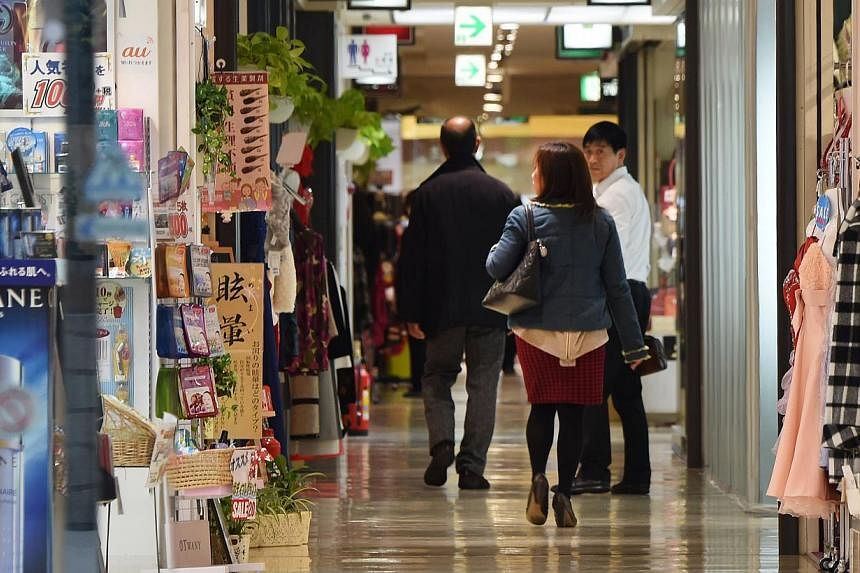TOKYO (Reuters) - Japan's fall into recession between July-September could turn out to be less severe than feared, with new capital expenditure figures out on Monday suggesting revisions will put third quarter economic growth in a more positive light.
The 5.5 per cent year-on-year rise in capital expenditure over the third quarter reported on Monday followed a 3.0 percent annual increase in April-June, which could ease concerns about recovery from a sales tax increase earlier this year.
"The revised data will show a smaller contraction in GDP that could be close to zero," said Hiroaki Muto, senior economist at Sumitomo Mitsui Asset Management Co. "Other data on consumer spending, factory output and business investment show these three factors will drive future growth."
Compared with the previous quarter, capital spending excluding software rose a seasonally adjusted 3.1 per cent, versus a 1.5 per cent decline in April-June in an encouraging sign of vigorous business investment.
Preliminary data showed the economy contracted an annualised 1.6 per cent in July-September, confirming Japan had entered its third recession in the past four years as a sales tax hike in April hurt consumer spending and business investment.
In preliminary GDP data, capital expenditure shrank 0.2 per cent, versus the median estimate for 0.9 per cent increase.
Revised gross domestic product data is due on Dec. 8. The finance ministry data released on Monday is used to re-calculate the capital expenditure component of GDP.
The recession set the stage for Prime Minister Shinzo Abe to delay a second sales tax hike that was originally scheduled for next year.
Pushing back the tax hike has eased concerns about consumer spending, but the recession has also shown that Abe's policies have not been enough to strengthen the underlying economy - even after some two years in office.
Economists expect Japan to resume growth in the current quarter as consumer spending, and Monday's strong capital expenditure, show that growth will become more broad-based.

